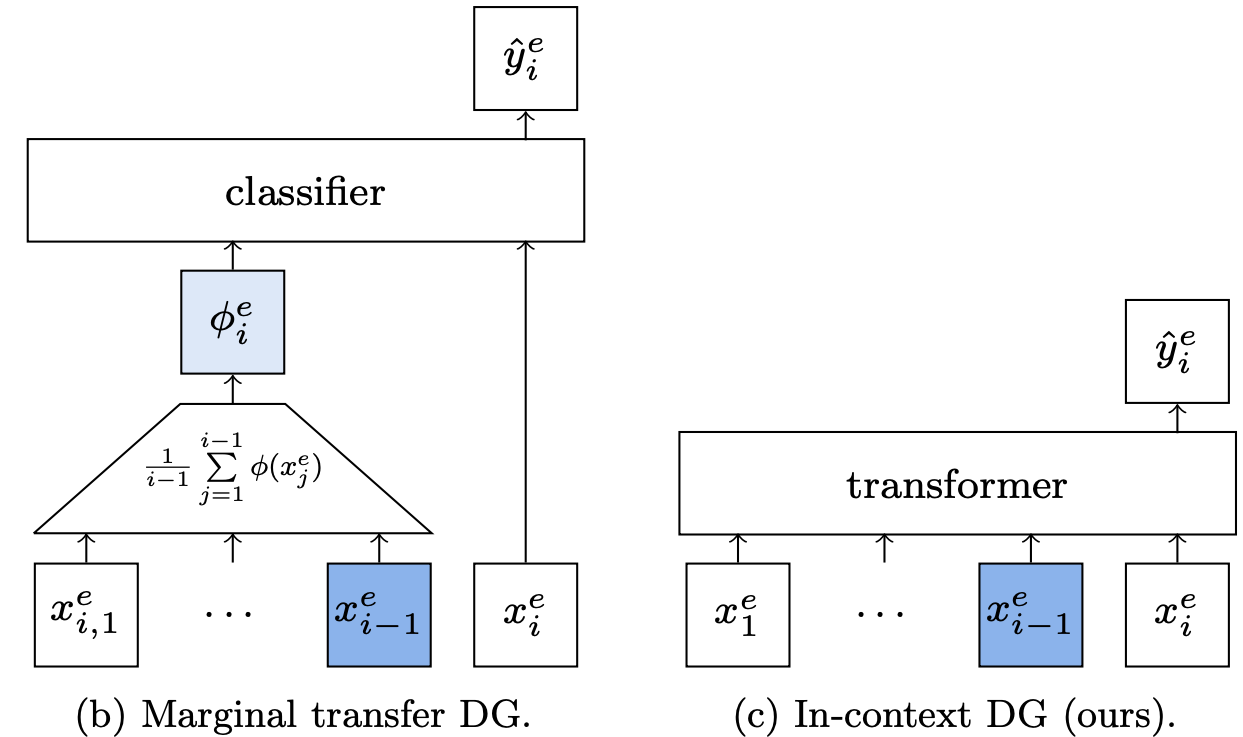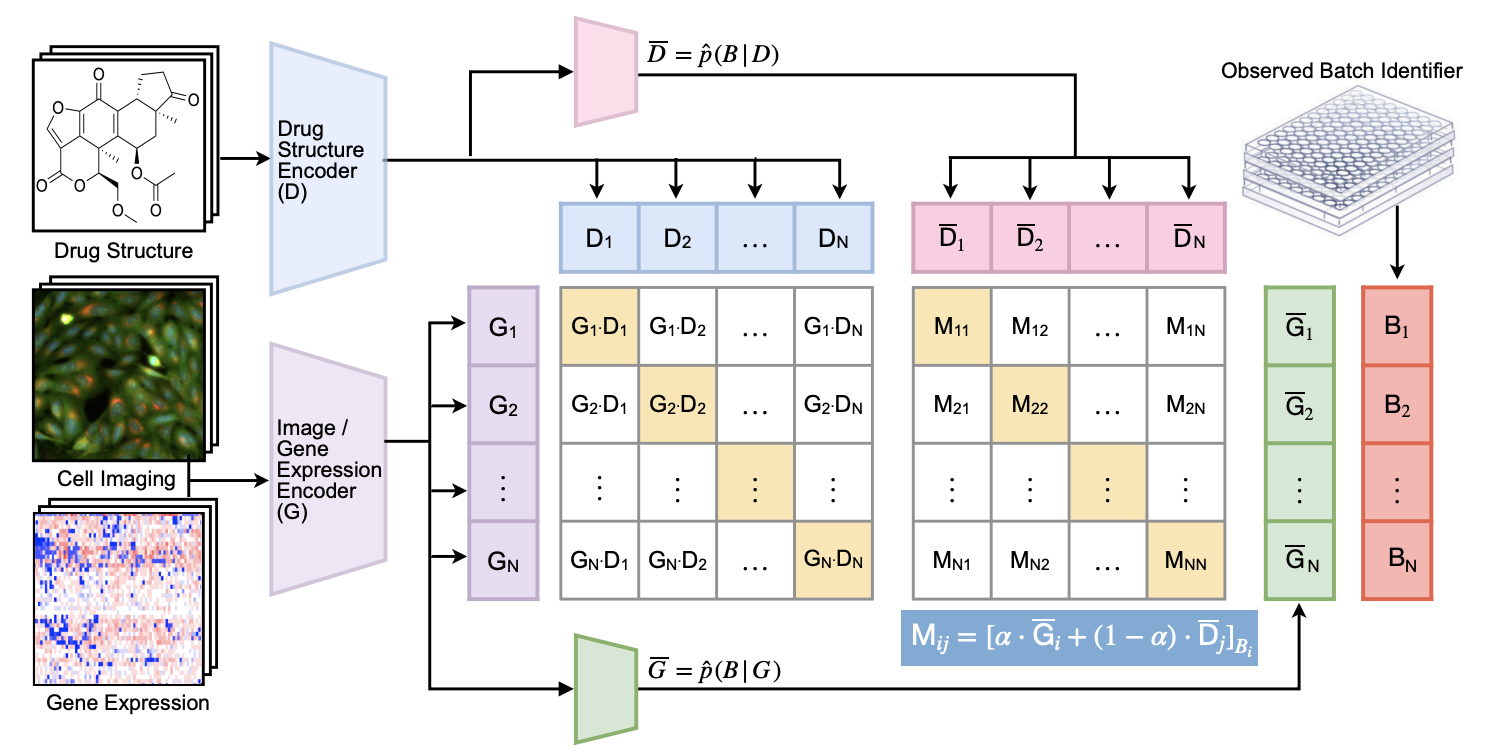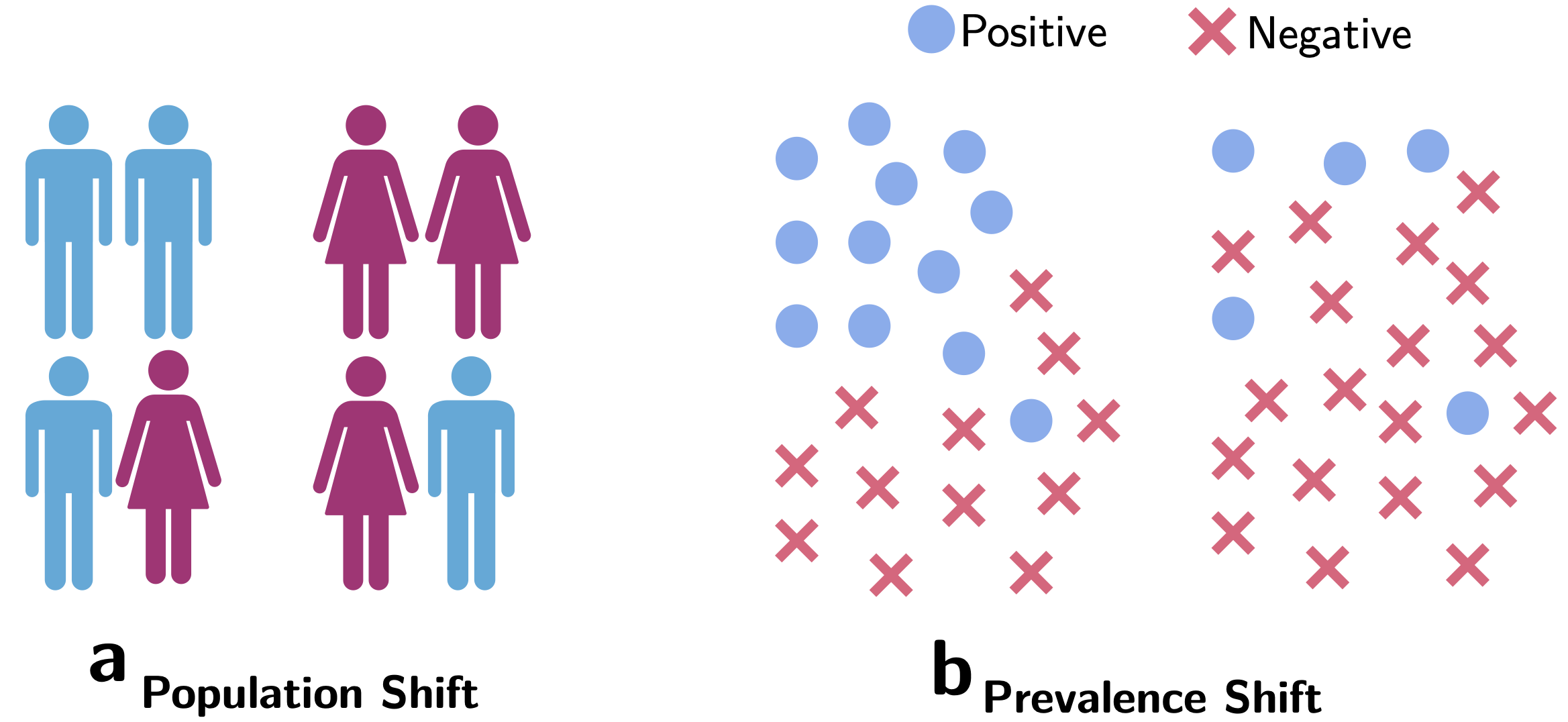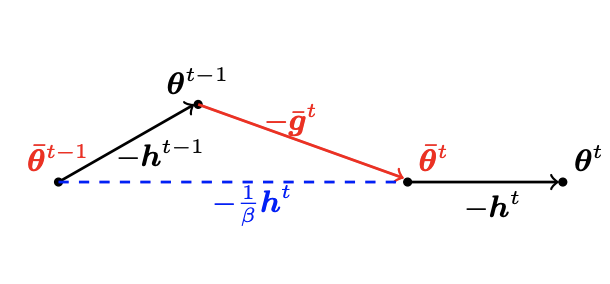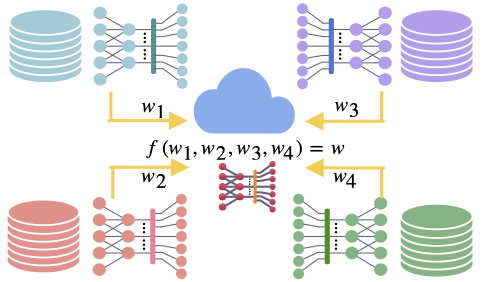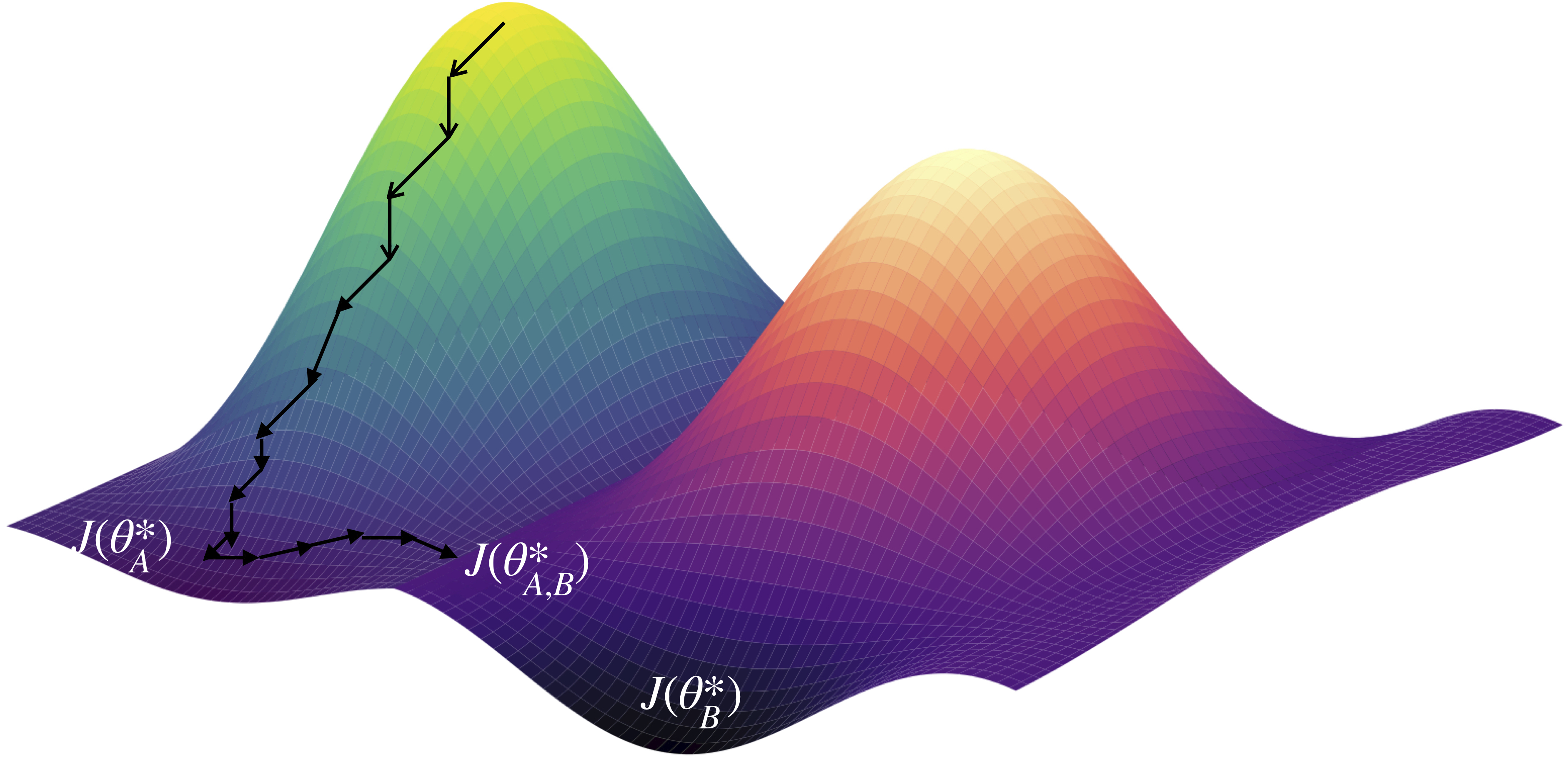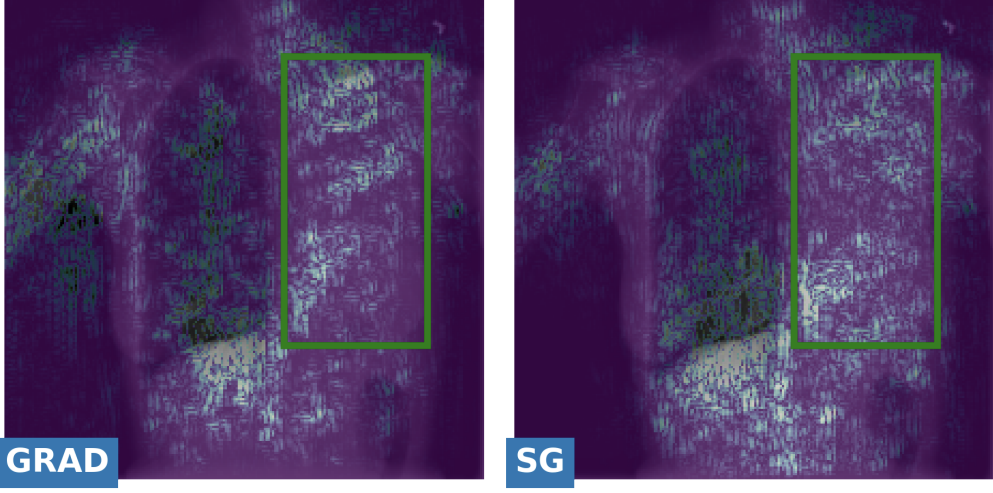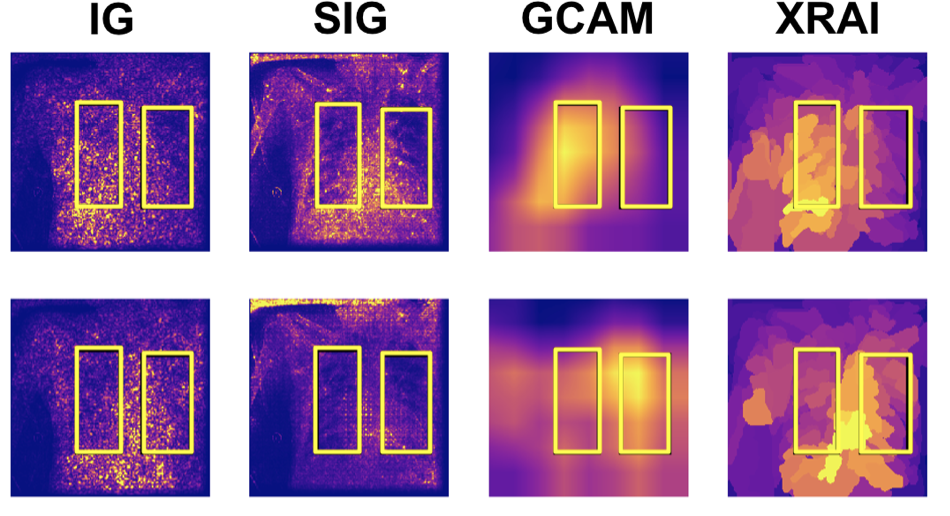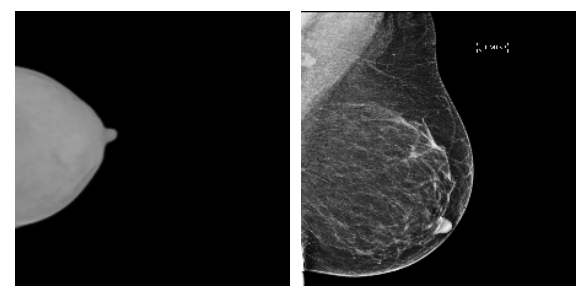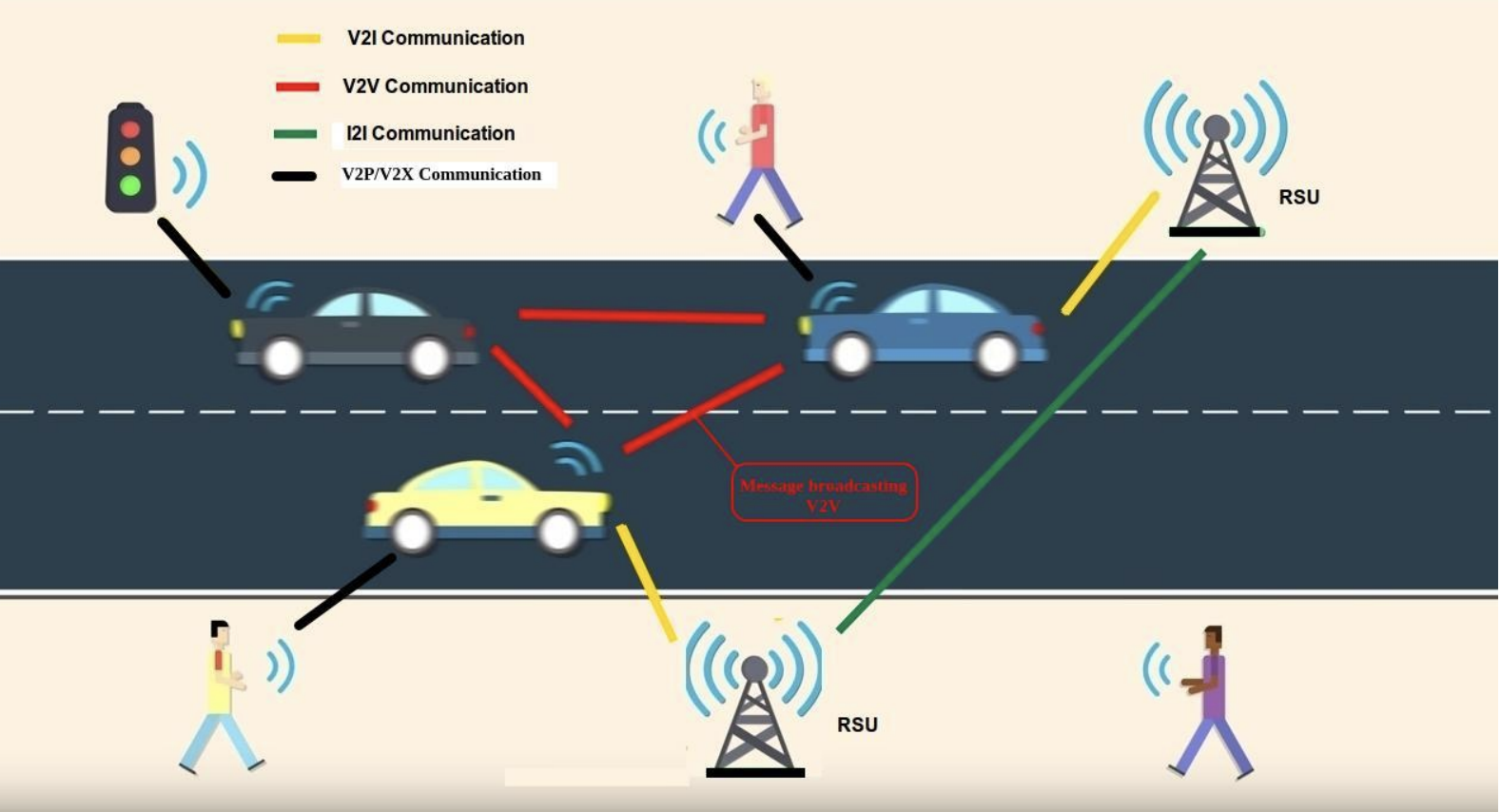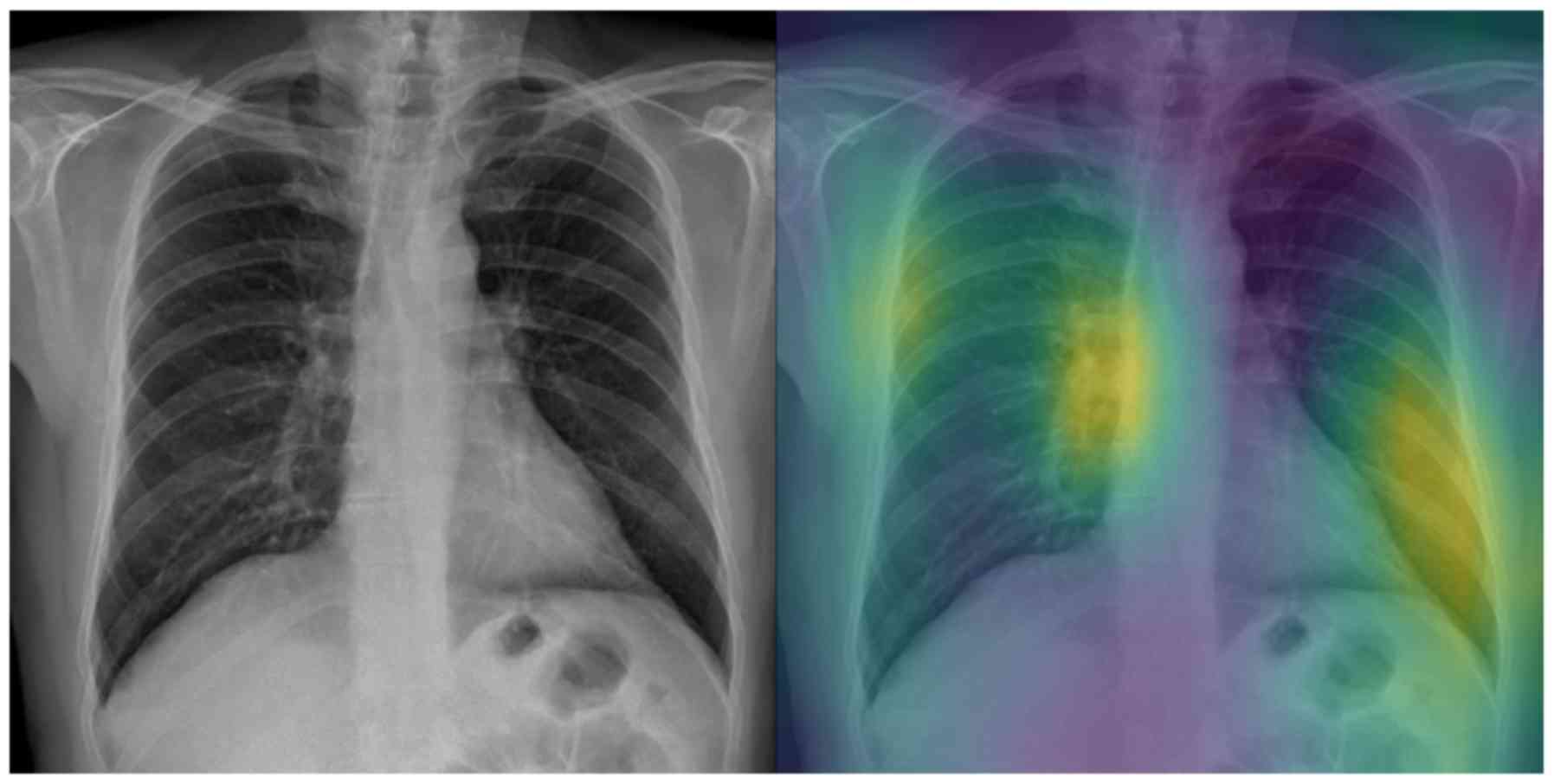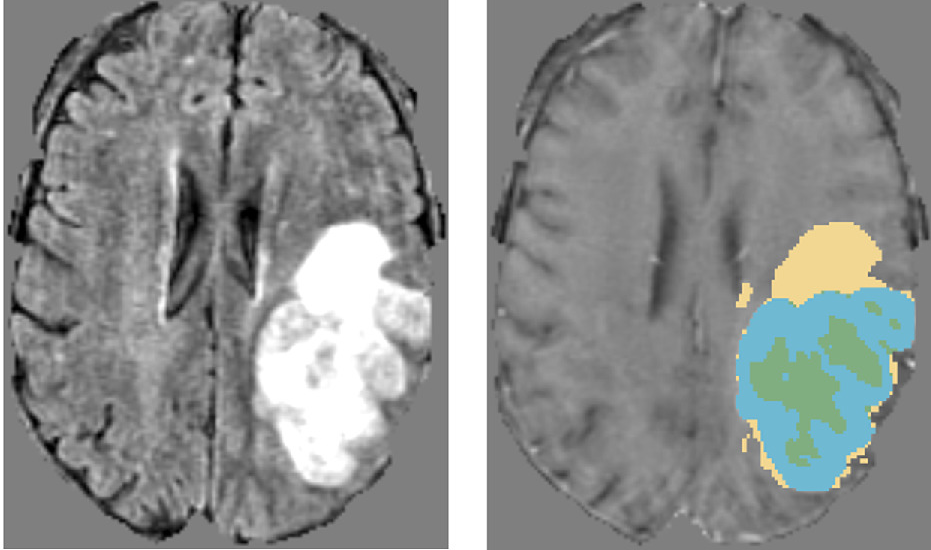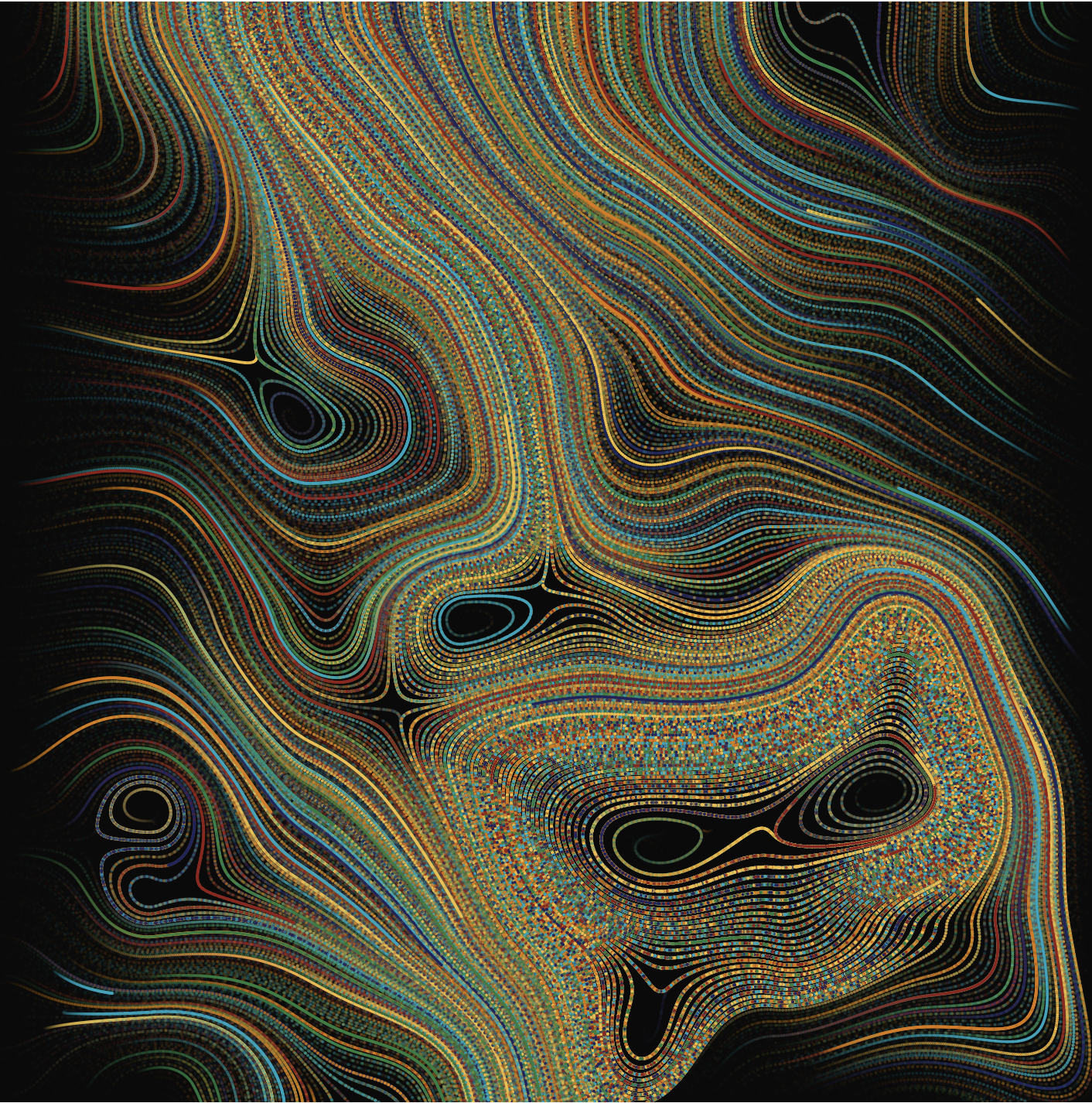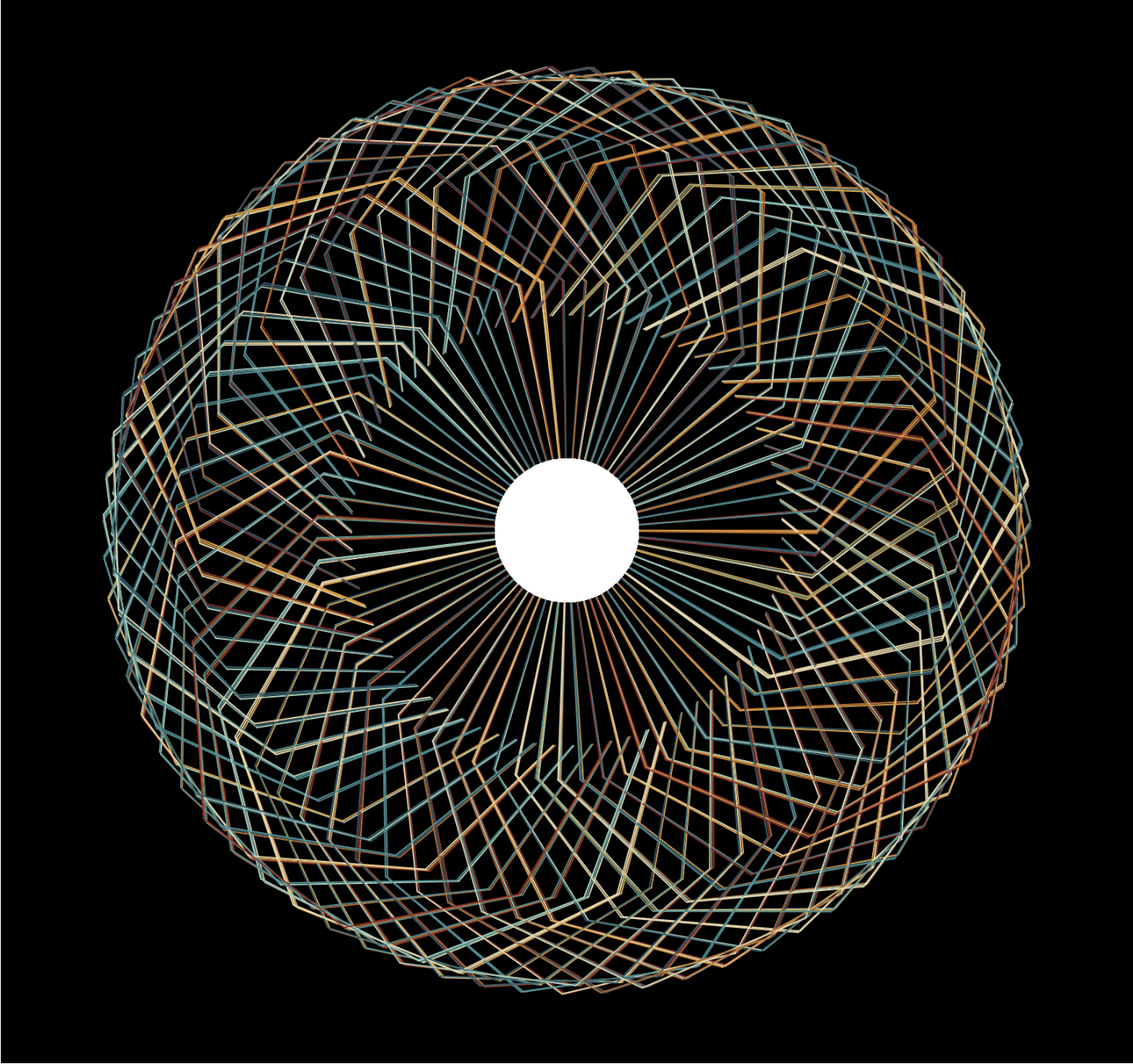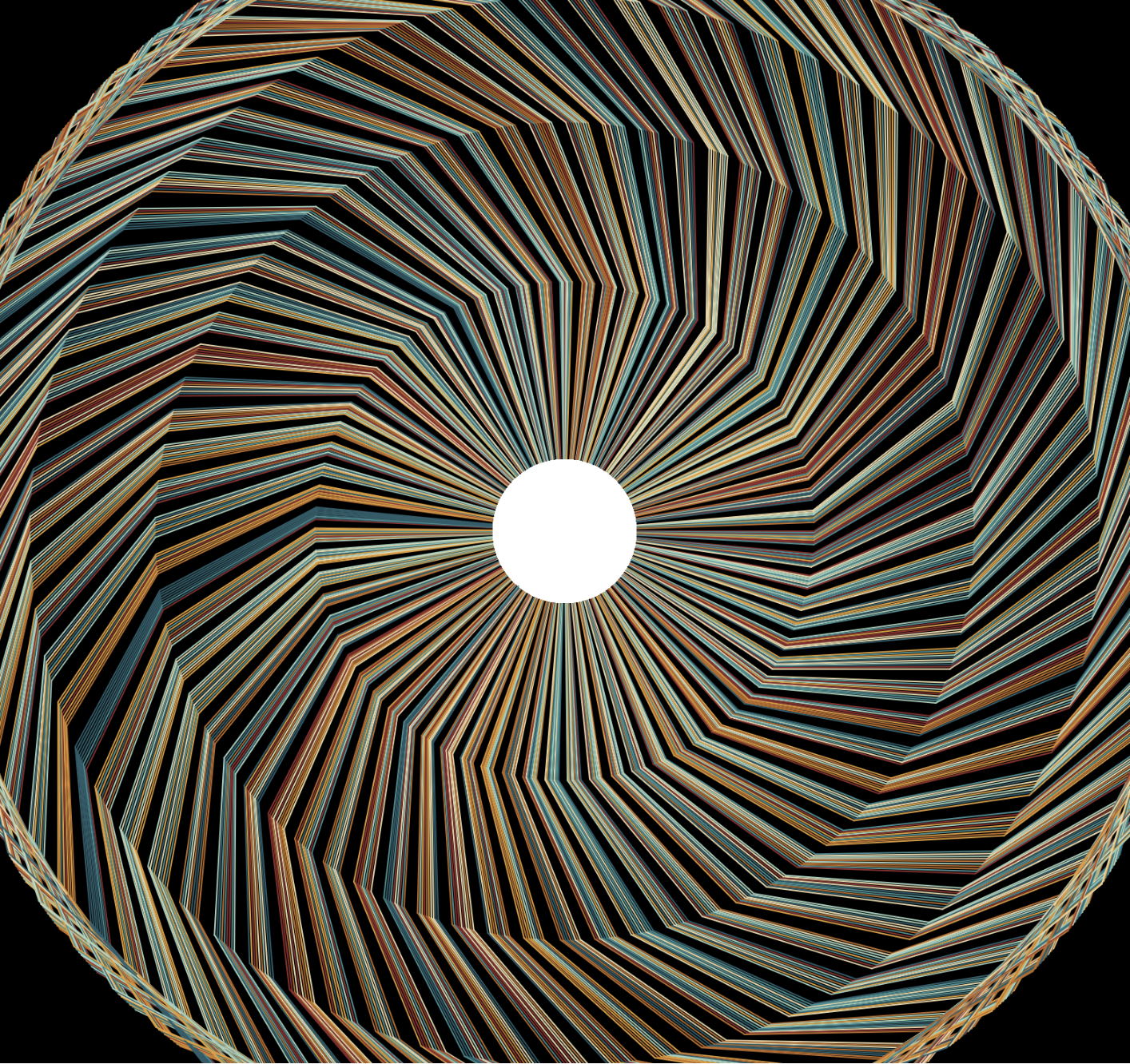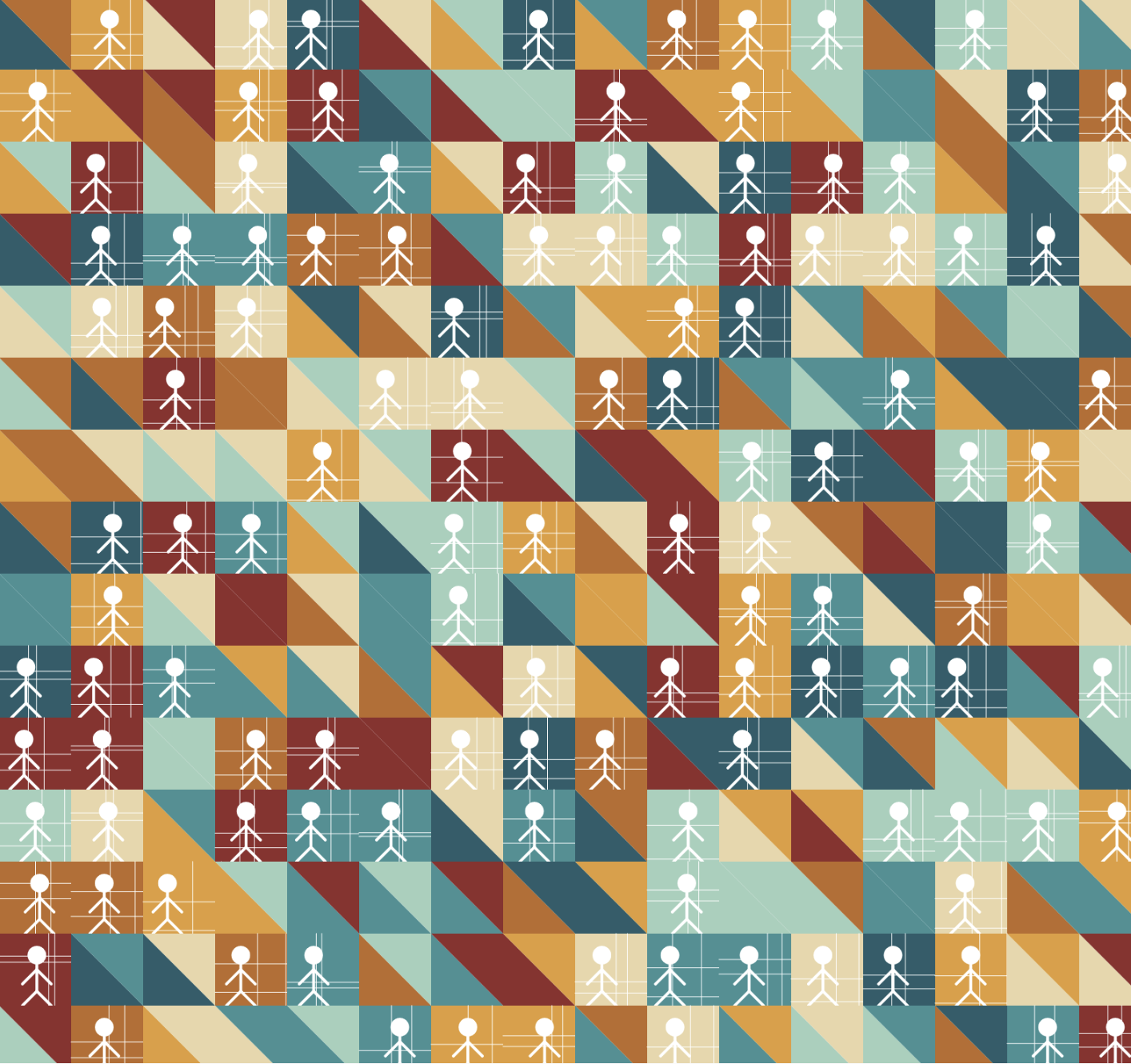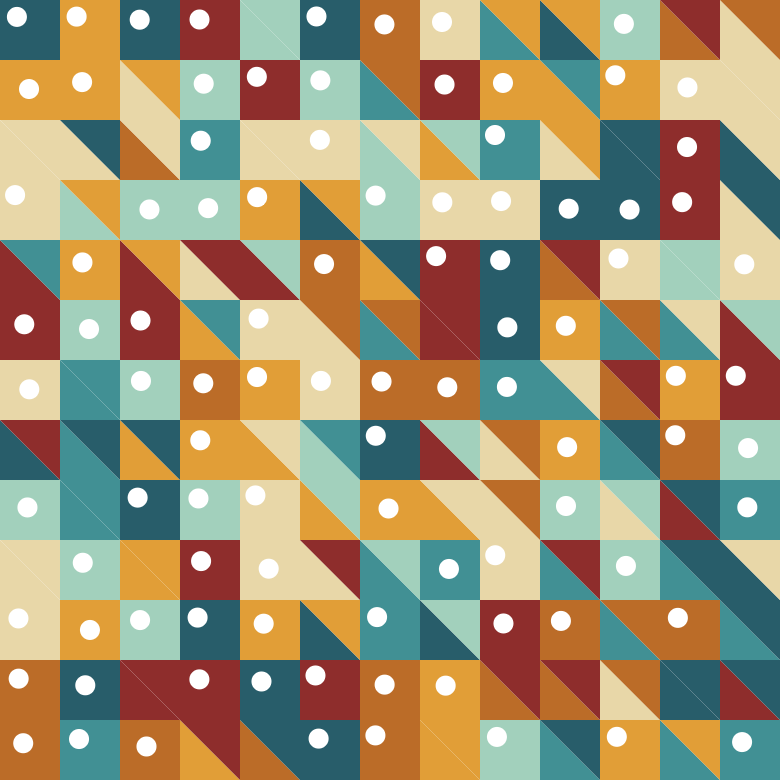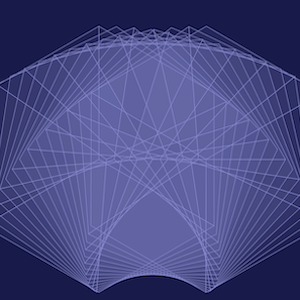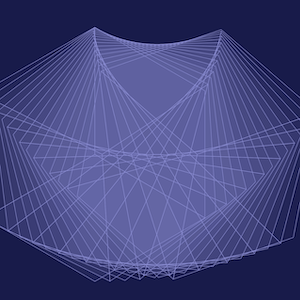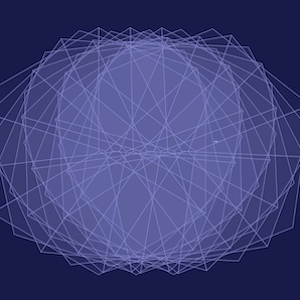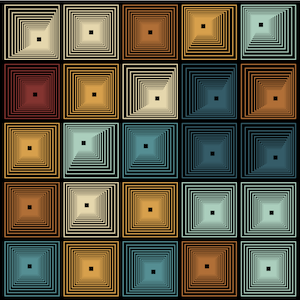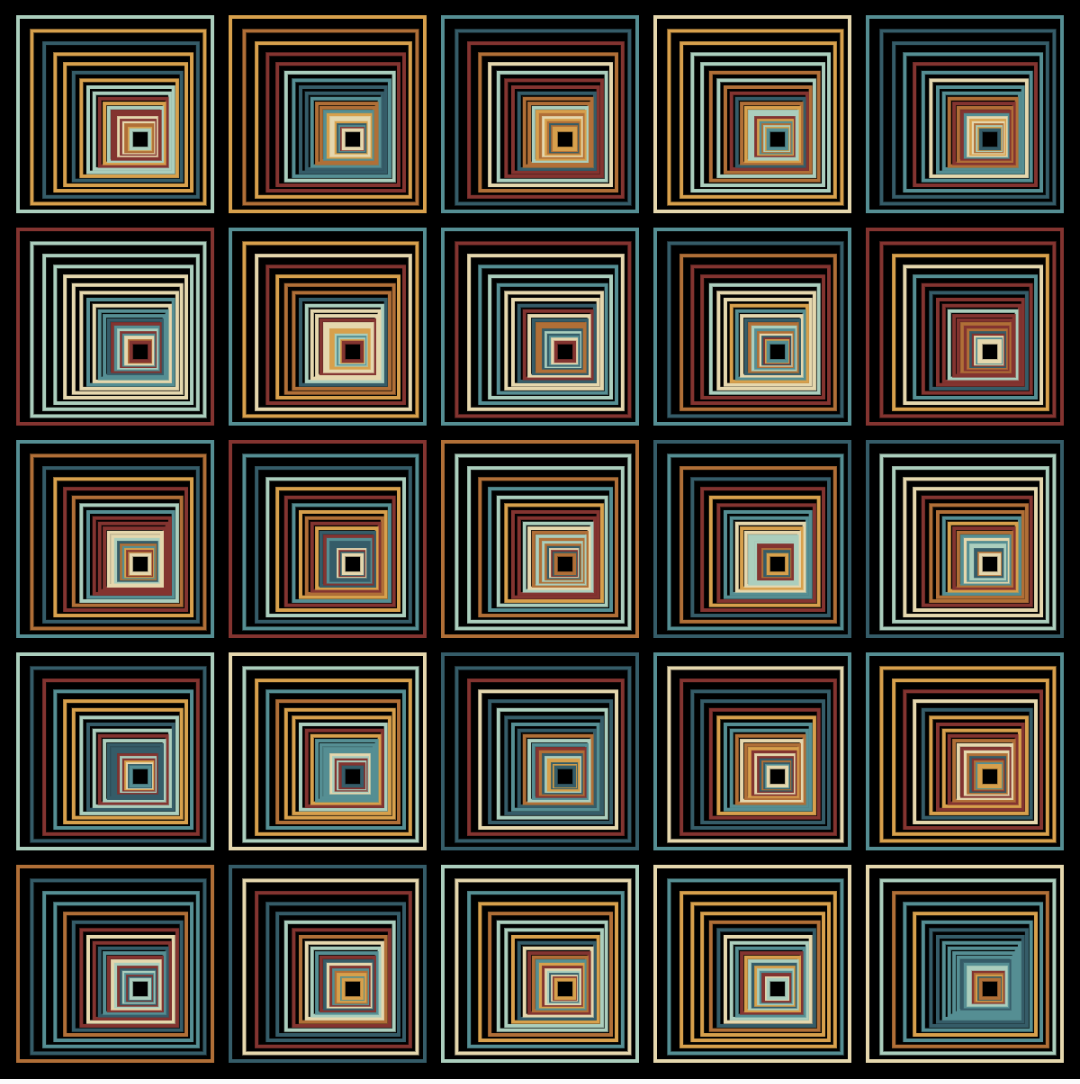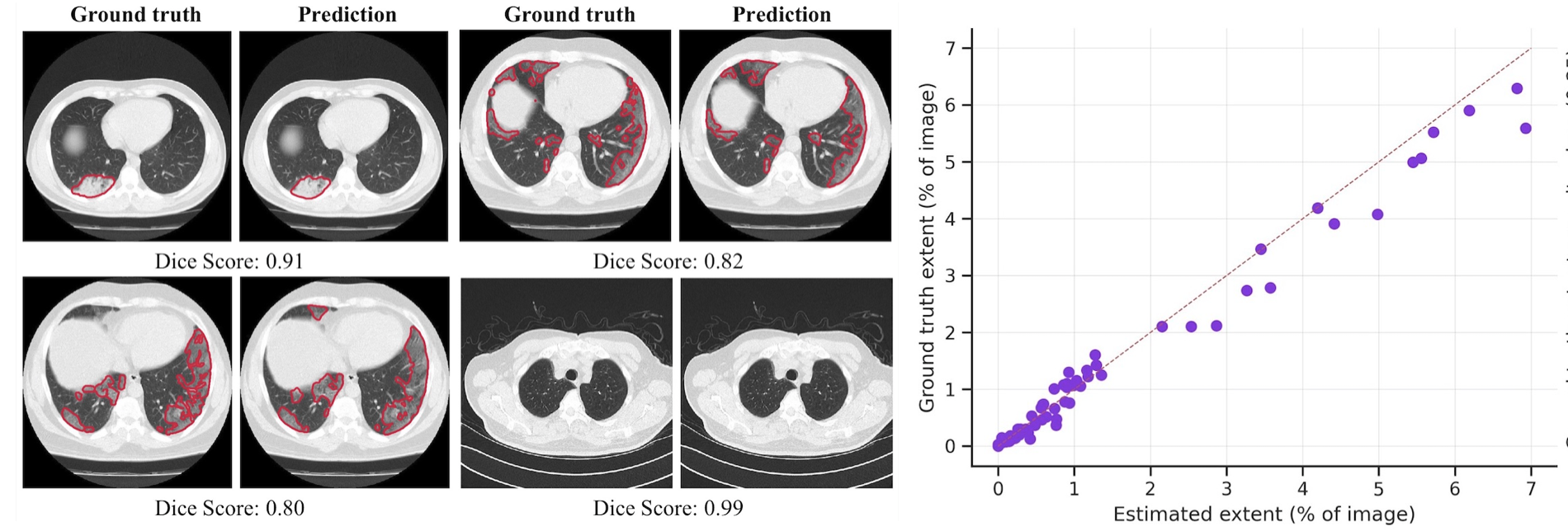Sharut Gupta
I am a third year Ph.D student at MIT CSAIL
advised by Prof. Phillip Isola and Prof. Stefanie Jegelka.
Prior to this, I earned my Bachelor's and Master's degree (Dual) from the Indian Institute of Technology, Delhi (IIT Delhi) studying Mathematics and Computer Science.
During this time, I had the privilege of being mentored by Prof. Yoshua Bengio for my thesis.
I have also been fortunate to spend time at FAIR (Meta AI), Google DeepMind and Microsoft.
My research interests broadly lie in Machine Learning, specifically around multi-modal representation learning, robustness and out-of-distribution generalization.
I am always happy to discuss new research directions and am open to both collaborating/advising students (not restricted to MIT). So if you're interested to work on these topics, feel free to reach out to me!
What's New
- [02/2025] Excited to join MIT’s CSAIL Alliances podcast to discuss my recent work—listen here
- [01/2025] Our work on Learning Disentangled Multimodal Representations got accepted at ICLR 2025!
- [12/2024] Our NeurIPS'24 work, In-Context Symmetries was featured by MIT News!
- [09/2024] Our work, In-Context Symmetries got accepted at NeurIPS 2024! Short version will appear as Oral at NeurIPS'24 SSL Workshop.
- [09/2024] Our recent paper, Understanding the Role of Equivariance in Self-supervised Learning got accepted at NeurIPS 2024!
- [08/2024] Third time's a charm! Co-brewing the ML Tea Seminar once more. Curious to learn about latest work in ML, sign up here!
- [07/2024] Serving on the executive committee for the MIT Graduate Application Assistance Program (GAAP). Sign up here!
- [06/2024] Thrilled to be interning at in the Gemini Team at Google DeepMind this summer with Dilip Krishnan!
- [04/2024] Organizing the WiDS Cambridge Datathon 2024, happening on April 27th 2024. Sign up here if interested.
- [01/2024] Our recent paper, Context is Environment got accepted at ICLR 2024!
- [01/2024] Our paper, Structuring Representation Geometry with Rotationally Equivariant Contrastive Learning got accepted at ICLR 2024!
- [01/2024] Our work on Removing Biases from Molecular Representations via Information Maximization got accepted at ICLR 2024!
- [01/2024] Back at it! Co-brewing the ML Tea Seminar once again. If you’re ready to present your work or catch the latest ideas, sign up here!
- [08/2023] Co-organizing ML Tea Seminar. Want to share your work or keen to hear latest ideas, join us by signing up here!
- [06/2023] Find me in Paris, interning at Meta AI with David Lopez-Paz and Kartik Ahuja.
- [03/2023] Organizing the WiDS Cambridge Datathon. Video coverage can be found here.
- [08/2022] I have officialy started my PhD at MIT!




